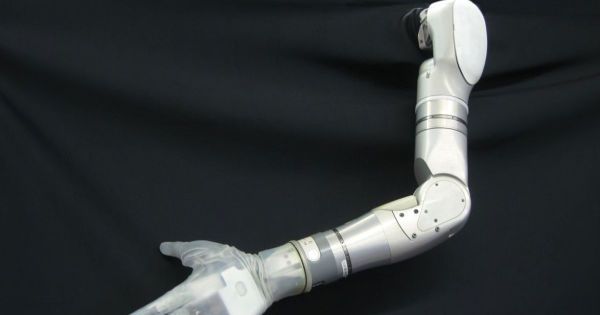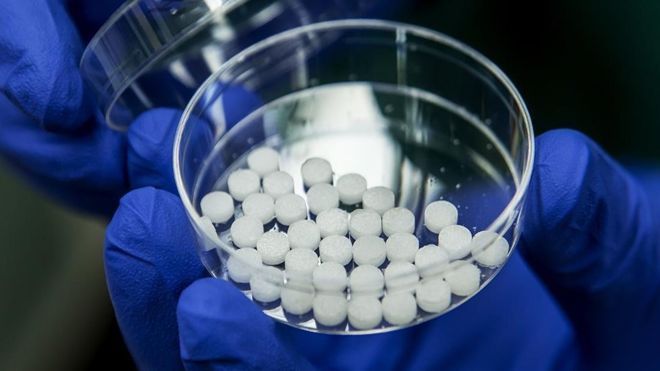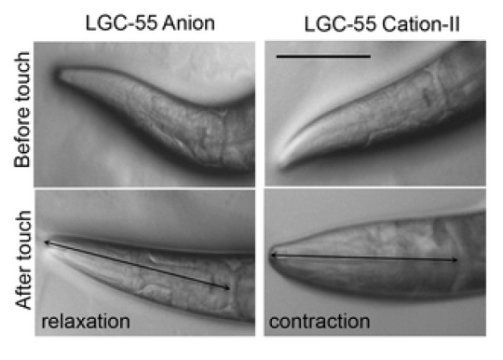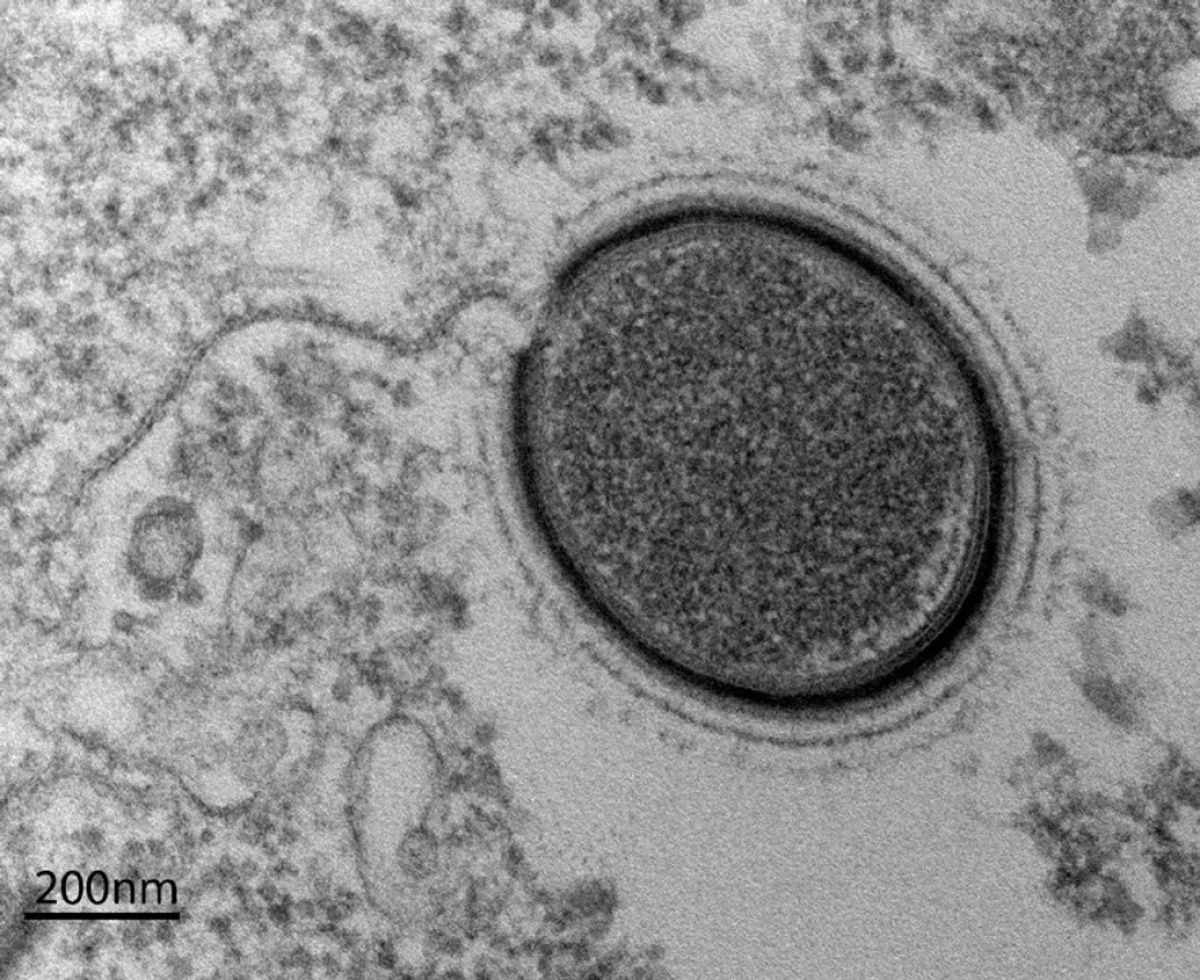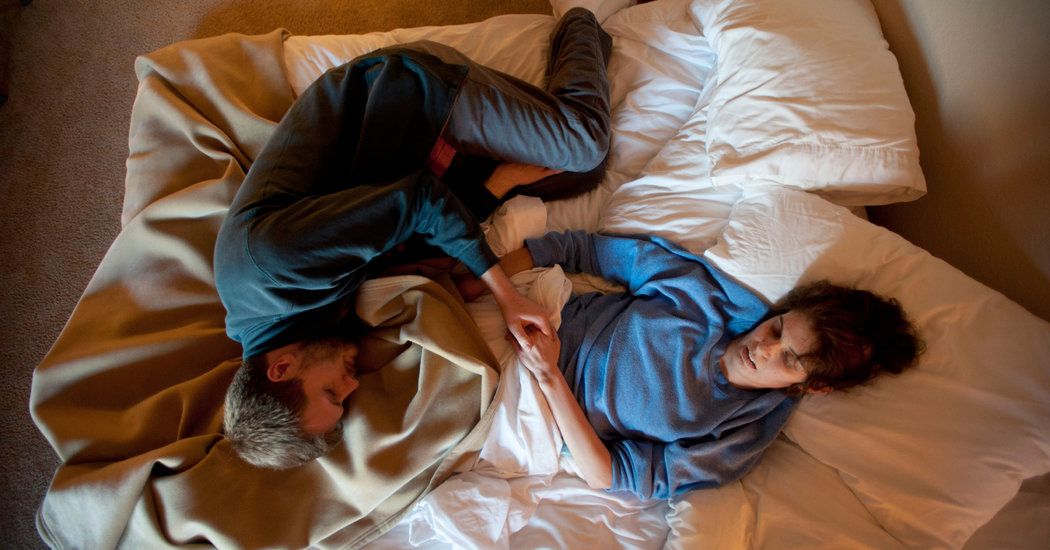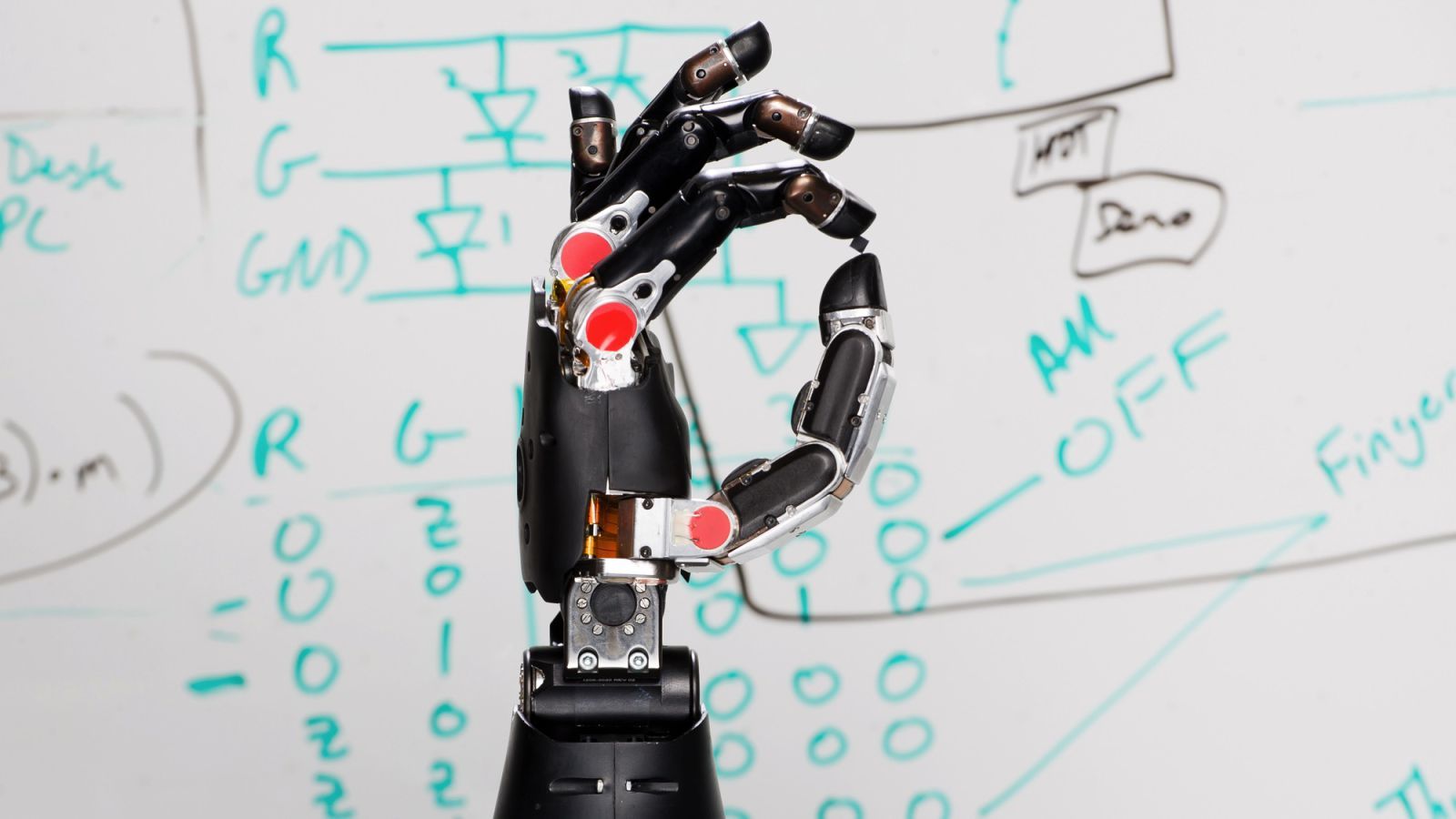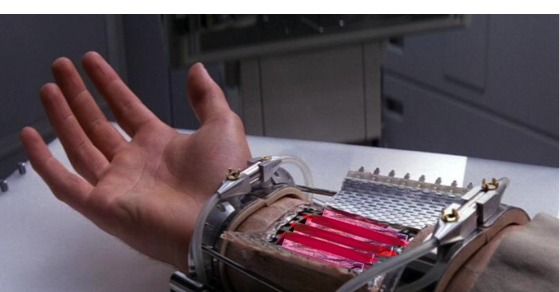Sep 14, 2015
Paralyzed Man Successfully Given Prosthetic Hand That Can ‘Feel’
Posted by Bryan Gatton in categories: biotech/medical, cyborgs, electronics, neuroscience
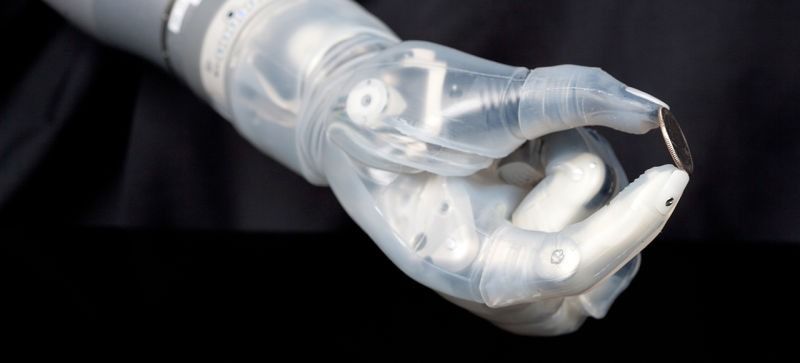
A 28 year old man who has been paralysed has been given a new sense of touch following a new breakthrough that saw electrodes places directly into the man’s brain.
The research and clinical trial has been carried out by DARPA, the US Military’s research agency. Essentially, the man (who has not been named) is now able to control his new hand and feel people touching it because of two sets of electrodes: one array on the motor cortex, the part of the brain which directs body movement, and one on the sensory cortex, which is the part of the brain which feels touch.
